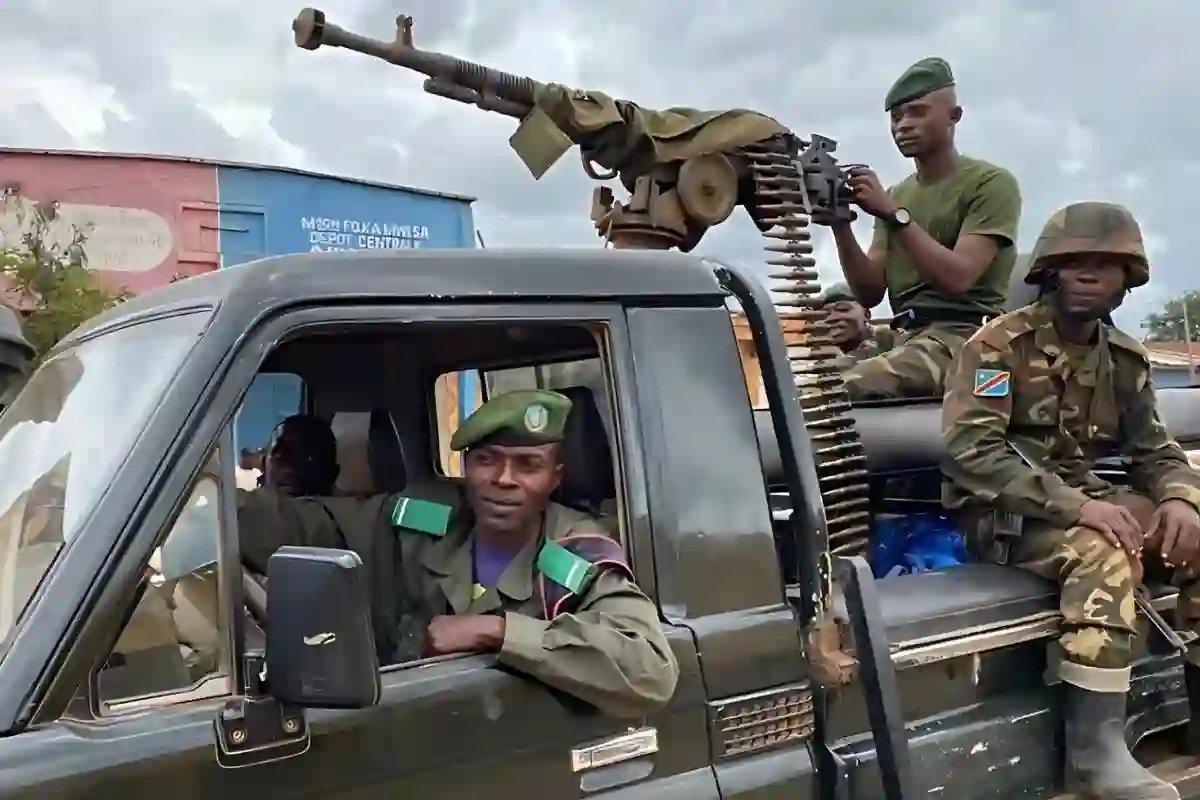What started as a bold fashion statement on a Paris runway has now spiraled into a tense international exchange—this time between El Salvador’s president and critics of his country’s prison policies.
President Nayib Bukele isn’t holding back, and his latest online comments are turning heads far beyond the catwalk.
Bukele Fires Back at Paris Fashion Week Show
The drama kicked off when a fashion show in Paris, led by Mexican-American designer Willy Chavarria, drew attention for its stark visuals.
Male models walked the runway in white T-shirts and shorts—outfits that looked strikingly similar to those worn by inmates in El Salvador’s Terrorism Confinement Centre (CECOT).
As part of the performance, the models knelt and bowed their heads, evoking imagery from viral prison photos.
Chavarria’s show, in collaboration with the American Civil Liberties Union, was heavy on symbolism.
Even the invites were designed to look like immigration court summons, with the whole event billed as a “presentation of humanity.”
President Bukele’s Blistering Reaction
President Bukele didn’t take kindly to the fashion statement.
Responding to the show on X (formerly Twitter), he accused Paris of “glorifying criminals” and issued a sarcastic threat: “We’re ready to ship them all to Paris whenever we get the green light from the French government.”
He followed that post with a video showing a woman in distress after being harassed in Paris, captioning it: “This is the result of glorifying criminals in Paris.
He who spares the wolf sacrifices the sheep.”
The response didn’t go unnoticed—X owner Elon Musk even shared Bukele’s post in agreement.
Bukele’s press secretary later doubled down, saying the President’s response was a firm stand against those attempting to romanticize criminality.
Chavarria’s Political Messaging Runs Deep
Willy Chavarria has long blended activism with design, and this show was no exception.
Some T-shirts had “America” printed upside down, suggesting a critique of where the continent—or El Salvador specifically—is headed.
The show’s overall theme challenged how governments treat inmates and immigrants, making it far more than just a display of fashion.
The Reality Behind El Salvador’s Mega Prison
The prison at the center of this controversy, CECOT (Centro de Confinamiento del Terrorismo), is a massive, high-security facility in Tecoluca.
It’s part of Bukele’s tough-on-crime campaign launched after he took office in 2019.
The prison holds thousands of suspected gang members from groups like MS-13 and the 18th Street Gang—criminal organizations that have terrorized El Salvador for decades.
While the government has promoted CECOT as a strong deterrent against gang activity, human rights groups argue it’s gone too far.
Inside CECOT: Harsh Conditions and Zero Privileges
CECOT is infamous for its strict conditions.
Inmates are held in overcrowded cells—about 156 per cell—sleeping on bare metal bunks without mattresses or sheets.
There are only two sinks and two toilets per cell, with 24/7 CCTV surveillance and constant artificial lighting.
There are no visits from family, no recreational time, and no educational opportunities.
Inmates are only let out for virtual court appearances.
Meals are basic—usually just beans or pasta, as meat has been banned.
Solitary confinement is even harsher: inmates are placed in tiny, pitch-black cells with just a small hole in the ceiling for light.
Rival gang members are often housed together, leading to frequent violence.
Many of the prisoners are serving multiple life sentences, some up to 200 years, with no chance of parole.
The U.S. Connection and Publicity Push
Earlier this year, former U.S. President Donald Trump floated the idea of using CECOT to detain American criminals—a proposal President Bukele welcomed.
Bukele has made no effort to hide the brutal conditions at CECOT.
In fact, he’s publicly posted videos from inside the facility, using them as part of his tough-on-crime branding.
A Global Debate on Crime and Justice
This clash between a Central American president and a Paris fashion designer has sparked a broader debate: How far should governments go to combat crime?
Is showcasing inmate conditions a deterrent or a violation of human rights?
And can art—and fashion—serve as a tool to question political policies?
One thing’s certain: this conversation isn’t going away anytime soon.

